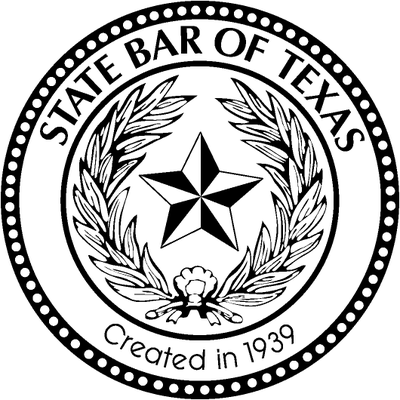Trade secrets are the kind of information that, if end up in the hands of a competitor, could spell disaster for your business. A common example is the Coca Cola recipe. Other examples include customer lists, pricing information, and business strategies. Under Texas law, it is illegal for an employee…
Read More
In April, I wrote about the enforceability of forfeiture clauses in an article published in Texas Lawyer and reprinted with permission here. A forfeiture clause requires an employee to forfeit his right to compensation if he engages in activity detrimental to the company, such as working for a competitor. In…
Read More
Executive employment contracts and severance agreements often include a forfeiture clause. These so-called "bad boy" clauses require the employee to forfeit his right to compensation if he engages in activity deemed detrimental to the company, such as working for a competitor. A case pending before the Texas Supreme Court could…
Read More
Here’s a recent arbitration case that will interest employers with Spanish-speaking employees. In Delfingen US-Texas L.P. v Valenzuela, the employee sued the employer for workers’ compensation retaliation. Because the employee had signed an arbitration agreement, the employer filed a motion to compel arbitration. Arguing that the arbitration agreement was procedurally…
Read More
I want to thank the Texas Association of Appellate Court Attorneys (TAACA) for having me and my colleague Marc Knisely speak on appellate court judgments at their conference today. What a talented group of lawyers! They asked thoughtful questions and provided suggestions as to how appellate practitioners can better assist appellate…
Read More









